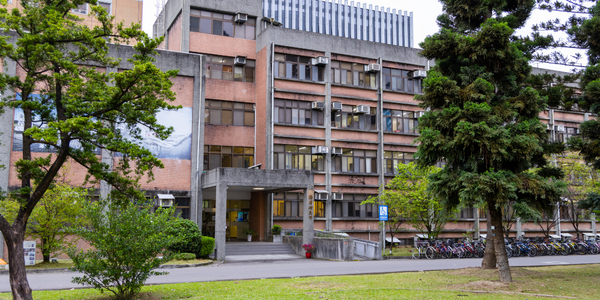下载PDF
Ensuring Building Safety During 'The Big Dig' with ANSYS/Mechanical
技术
- 传感器 - 干点传感器
- 传感器 - 距离传感器
适用行业
- 建筑物
- 水泥
用例
- 楼宇自动化与控制
- 施工现场监控
挑战
中央动脉/隧道项目,也称为“大挖掘”,是马萨诸塞州波士顿的一项大型工程,旨在取代 90 号州际公路。该项目涉及建造一条新的 7 英里、8-10 车道的道路和各种立交桥,其中大部分将建在城市地下 70 英尺处。然而,由于该项目靠近波士顿市中心一些最大和最古老的建筑,因此带来了重大挑战。 One Financial Centre 就是其中一栋这样的建筑,这是一栋 46 层的办公楼,距离 100 英尺深的隧道挖掘仅 25 英尺。该建筑的业主担心挖掘工作对建筑稳定性的潜在影响。挖掘过程涉及“脱水”步骤,即从挖掘地点和周围土壤中除去水。这可能会导致地面压缩,从而可能导致建筑物沉降、结构应力和损坏。
关于客户
本案例研究中的客户是 One Financial Center 的所有者,这是一栋位于波士顿市中心的 46 层办公楼。该建筑是该地区较大的建筑之一,地下有两层,垫式地基位于致密的粒状土壤上。该建筑靠近中央动脉/隧道项目,特别是 100 英尺深的隧道挖掘,引发了人们对建筑稳定性和安全性潜在影响的担忧。该建筑的业主向中央动脉/隧道项目的项目经理 Bechtel/Parsons Brinckerhoff 寻求帮助,以解决这些问题并确保建筑及其居住者的安全。
解决方案
为了解决这些问题,项目经理 Bechtel/Parsons Brinckerhoff 寻求 Weidlinger Associates, Inc. 的帮助,对排水效果和深部开挖进行了研究。该解决方案涉及使用 ANSYS/Mechanical 软件对现有建筑结构/基础、隧道施工、相邻建筑物和地面之间的相互作用进行模拟。该软件使团队能够模拟隧道施工 13 个不同阶段的建筑条件。通过这样做,确保了建筑物和施工现场的安全,并减轻了业主和占用人的担忧。使用 ANSYS/Mechanical 软件可以全面了解挖掘对建筑物的潜在影响,从而可以采取主动措施来防止任何损坏。
运营影响
相关案例.

Case Study
Energy Saving & Power Monitoring System
Recently a university in Taiwan was experiencing dramatic power usage increases due to its growing number of campus buildings and students. Aiming to analyze their power consumption and increase their power efficiency across 52 buildings, the university wanted to build a power management system utilizing web-based hardware and software. With these goals in mind, they contacted Advantech to help them develop their system and provide them with the means to save energy in the years to come.

Case Study
System 800xA at Indian Cement Plants
Chettinad Cement recognized that further efficiencies could be achieved in its cement manufacturing process. It looked to investing in comprehensive operational and control technologies to manage and derive productivity and energy efficiency gains from the assets on Line 2, their second plant in India.

Case Study
Intelligent Building Automation System and Energy Saving Solution
One of the most difficult problems facing the world is conserving energy in buildings. However, it is not easy to have a cost-effective solution to reduce energy usage in a building. One solution for saving energy is to implement an intelligent building automation system (BAS) which can be controlled according to its schedule. In Indonesia a large university with a five floor building and 22 classrooms wanted to save the amount of energy being used.

Case Study
Powering Smart Home Automation solutions with IoT for Energy conservation
Many industry leaders that offer Smart Energy Management products & solutions face challenges including:How to build a scalable platform that can automatically scale-up to on-board ‘n’ number of Smart home devicesData security, solution availability, and reliability are the other critical factors to deal withHow to create a robust common IoT platform that handles any kind of smart devicesHow to enable data management capabilities that would help in intelligent decision-making

Case Study
Commercial Building Automation Boosts Energy Efficiency
One of the challenges to building automation is the multitude of non-interoperable communications protocols that have evolved over the years. Buildings have several islands of automation. Bridging the islands of different automation without losing the considerable investment in each specialized control network is the main focus in this solution.






